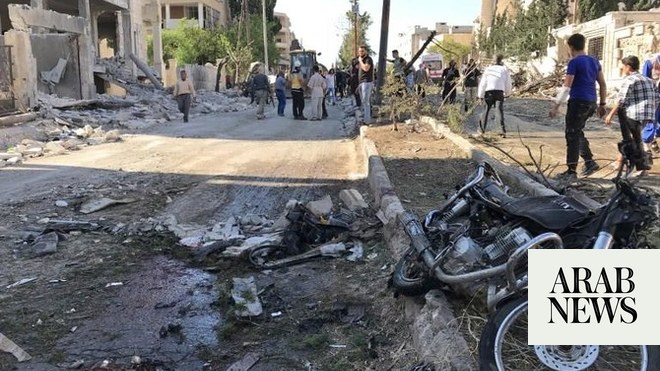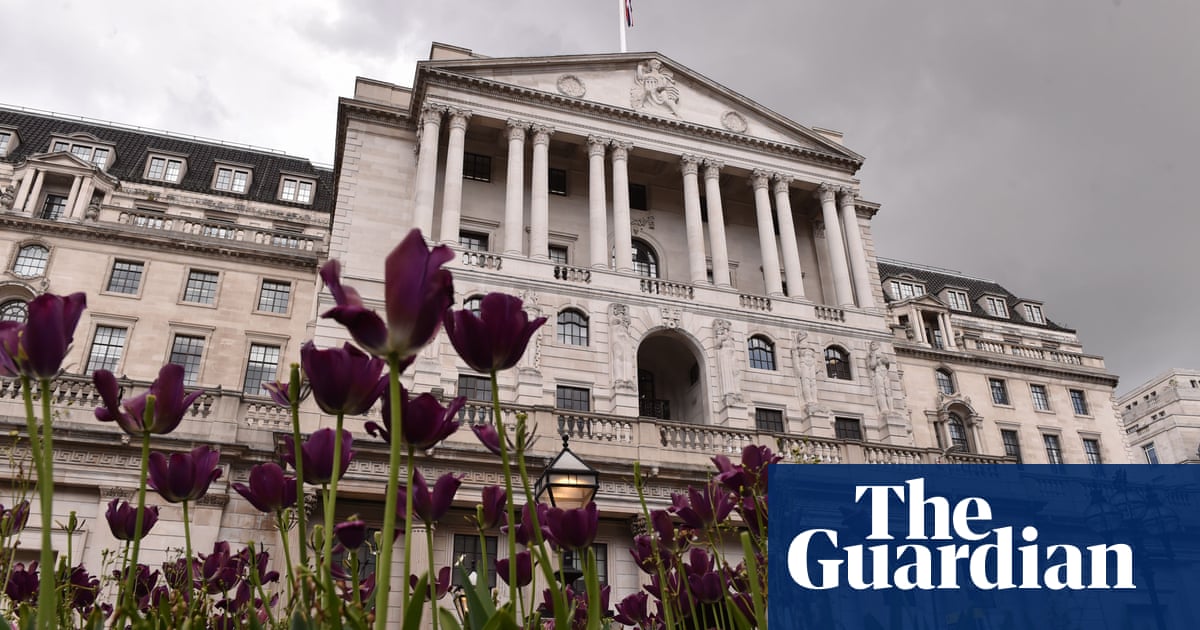
More than 40 people were killed in Douma on Apr. 7, 2018
The OPCW’s chief told the organization’s member states that the two individuals “could not accept that their views were not backed by evidence”
LONDON: Russian claims that the UN weapons watchdog manipulated evidence of a Syrian government chemical weapons attack have been undermined by an official inquiry showing that two former UN employees hailed as whistleblowers had little direct access to the evidence and exaggerated their roles.
The independent inquiry commissioned by the Organization for the Prohibition of Chemical Weapons (OPCW) shows that one of the two employees had never been on the team investigating the April 2018 attack in Douma and the other was only on the team for a brief period, according to report in The Guardian newspaper.
More than 40 people were killed in Douma on Apr. 7, 2018. The town, on the outskirts of Damascus, was held by rebels and besieged by pro-government forces at the time. Civilians claimed they were the victims of a chemical weapon attack.
A week after the alleged attack, US President Donald Trump responded with overnight air strikes on Syria backed by the UK and France.
Russia immediately launched a campaign to discredit the allegations, flying witnesses from Syria to the OPCW headquarters in the Hague to challenge the claim that chemical weapons had been used.
Following the US strikes, the OPCW opened an inquiry into whether chemical weapons had been used, but without attributing responsibility. It ruled in March 2019 that a banned toxic chemical containing chlorine was likely to have been used in Douma. The fact that chemical weapons were delivered through air strikes effectively meant the OPCW believed the Syrian air force was responsible.
Internal OPCW reports questioning whether chemical weapons had been used were leaked last May, raising questions about manipulation of the OPCW by the West.
However, an OPCW inquiry into the leaks published last week found the authors of the internal reports had only a minor supporting role in the Douma team.
Fernando Arias, the OPCW chief, told the organization’s member states on Thursday that the two individuals were “not whistleblowers,” but rather “individuals who could not accept that their views were not backed by evidence.”
He said that the two men, referred to in the report as Inspector A and B, had breached their commitments to the organization, adding that their behavior was even more deplorable since they had incomplete information on the investigation.
The official inquiry said: “Inspector A did not have access to all the documents, witness interviews, laboratory tests and analyzes by independent experts.”
It also said he never compiled an official OPCW report, and only wrote a personal document created with incomplete information.
“Inspector B was by contrast on the fact-finding mission and did travel to Damascus in April, but never left the command post because he had not completed the necessary training required to be deployed on-site in Douma,” the inquiry added. “He left the OPCW in August, but continued to approach staff members in an effort to have continued access to and influence over the Douma incident. The majority of the fact-finding team’s work was carried out after he left the organization.”
The two men declined to take part in the investigation, which instead met with 29 witnesses between July 2019 and February 2020.
Both individuals may face legal action.












